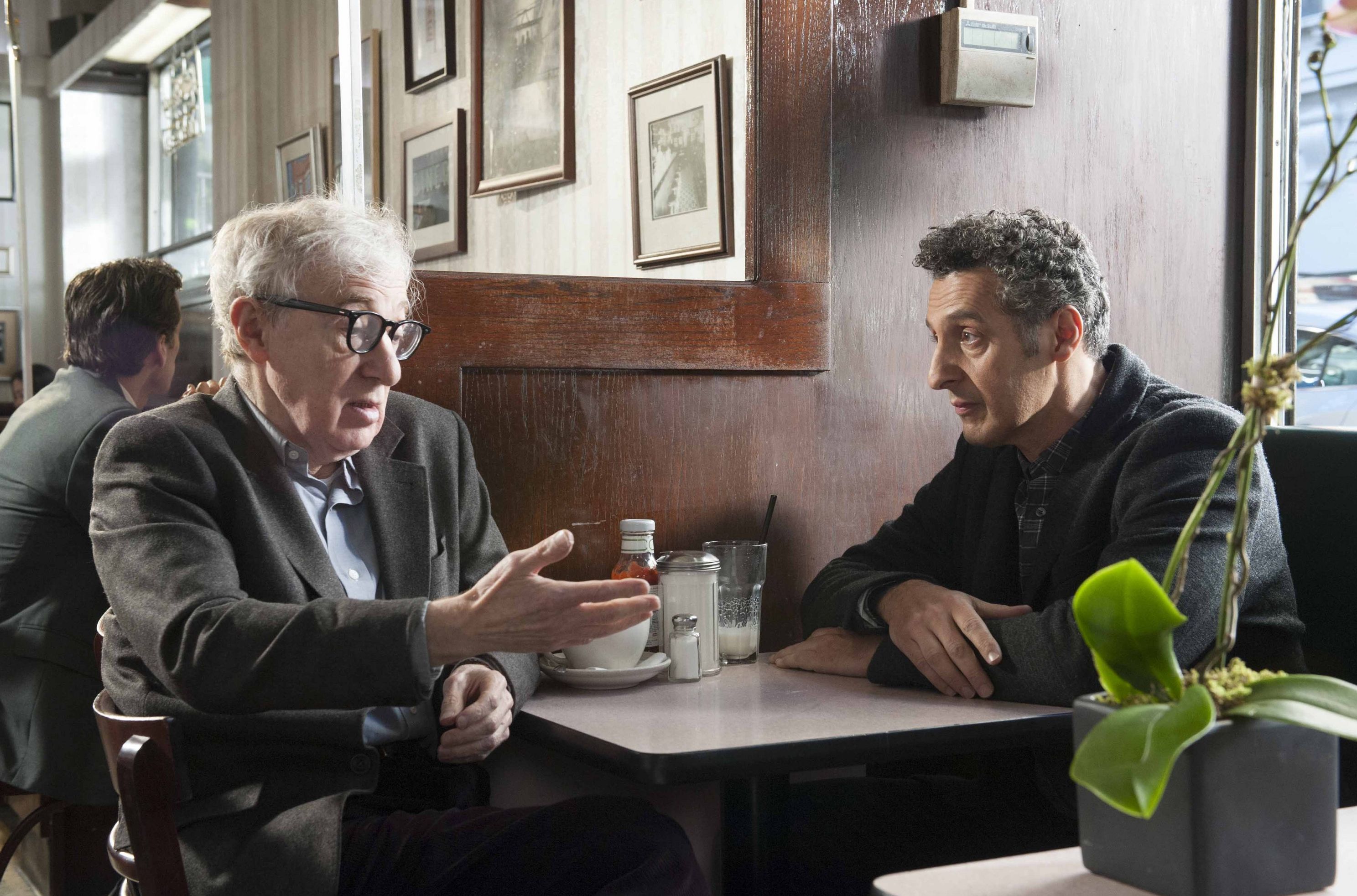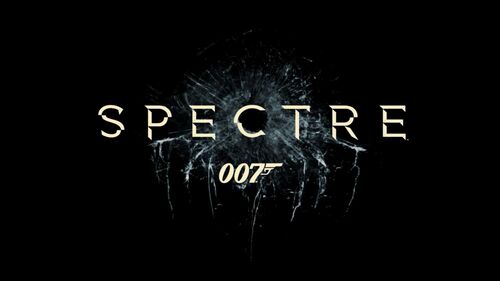
Fading Gigolo
 It would be really a cheap shot to say that John Turturro has essentially tried to make a Woody Allen film with his latest release, Fading Gigolo. In fact, I took that cheap shot myself on Twitter immediately after watching the film because the evidence does stack up. The movie is scored with jazz music that wouldn’t sound out of place in an Allen presentation. The colour palette is also remarkably similar to the way Allen tends to approach period pieces – bright and autumnal. The premise of the film also sounds like something Allen would produce – a poor florist in Manhattan reluctantly agrees to be pimped out by his recently unemployed friend. Perhaps the strongest evidence to suggest that Turturro had gone for that Allen vibe is the fact that he admitted writing the script with an Allen voice in his head. Oh and the fact that Woody Allen stars in this film as the pimp.
It would be really a cheap shot to say that John Turturro has essentially tried to make a Woody Allen film with his latest release, Fading Gigolo. In fact, I took that cheap shot myself on Twitter immediately after watching the film because the evidence does stack up. The movie is scored with jazz music that wouldn’t sound out of place in an Allen presentation. The colour palette is also remarkably similar to the way Allen tends to approach period pieces – bright and autumnal. The premise of the film also sounds like something Allen would produce – a poor florist in Manhattan reluctantly agrees to be pimped out by his recently unemployed friend. Perhaps the strongest evidence to suggest that Turturro had gone for that Allen vibe is the fact that he admitted writing the script with an Allen voice in his head. Oh and the fact that Woody Allen stars in this film as the pimp.
All of those factors come together to create a very enjoyable first act of the film. It is very pleasant to watch and the exchanges between Fioravante (Turturro) and Murray (Allen) are incredibly warm and seem like the ad hoc exchanges of two close friends. They carry meaning with their expressions and silences that seem only possible because of the closeness of their off screen relationship. And this means that the first act ticks along nicely. The drama of Murray having to close his rare book shop (because there are not enough rare people in the world) and Fioravante’s financial concerns (which are only expressed by Murray as he attempts to persuade him to be a ‘ho’) are delightfully interwoven with charm and humour. Fioravante’s first gigolo experience with Dr. Parker (played by Sharon Stone) and his subsequent experience with Selima (played by Sofia Vergara) are very much evidence of this. And although the picture of Woody Allen being the husband of a younger African American woman and subsequently stepdad to a host of African American children could be seen as a bit of a cheap trick, the family scenes that ensue are extremely enjoyable.
However, the film seems very much like a film of two halves and the early charm makes way for more dramatic threads with the introduction of Avigal (a recently widowed Jewish rabbi’s wife [played by Vanessa Paridis]) and her feelings of guilt and loneliness. The romp of the first half of the film is instantly slowed down and there are fewer and fewer scenes involving Murray. This means that there are less scenes between Turturro and Allen and the film suffers from burying the best thing about it. There are a couple of reprieves, like when Allen is summoned to a rabbi court (in a scene that could be straight out of an early Woody Allen film), but overall the film feels disjointed for what seems like a leap of genre.
There are lots of things to enjoy about Fading Gigolo, but Turturro (as writer and director) does not seem to want to focus on them for long enough. Subsequently, the viewer is left unsatisfied with the finished product and lamenting the fact that they didn’t get more of the good stuff.
Find more of our content at www.podestrians.net
We produce a weekly filmcast. Subscribe on iTunes at:
https://itunes.apple.com/gb/podcast/podestrians-podcast/id920231768?mt=2


